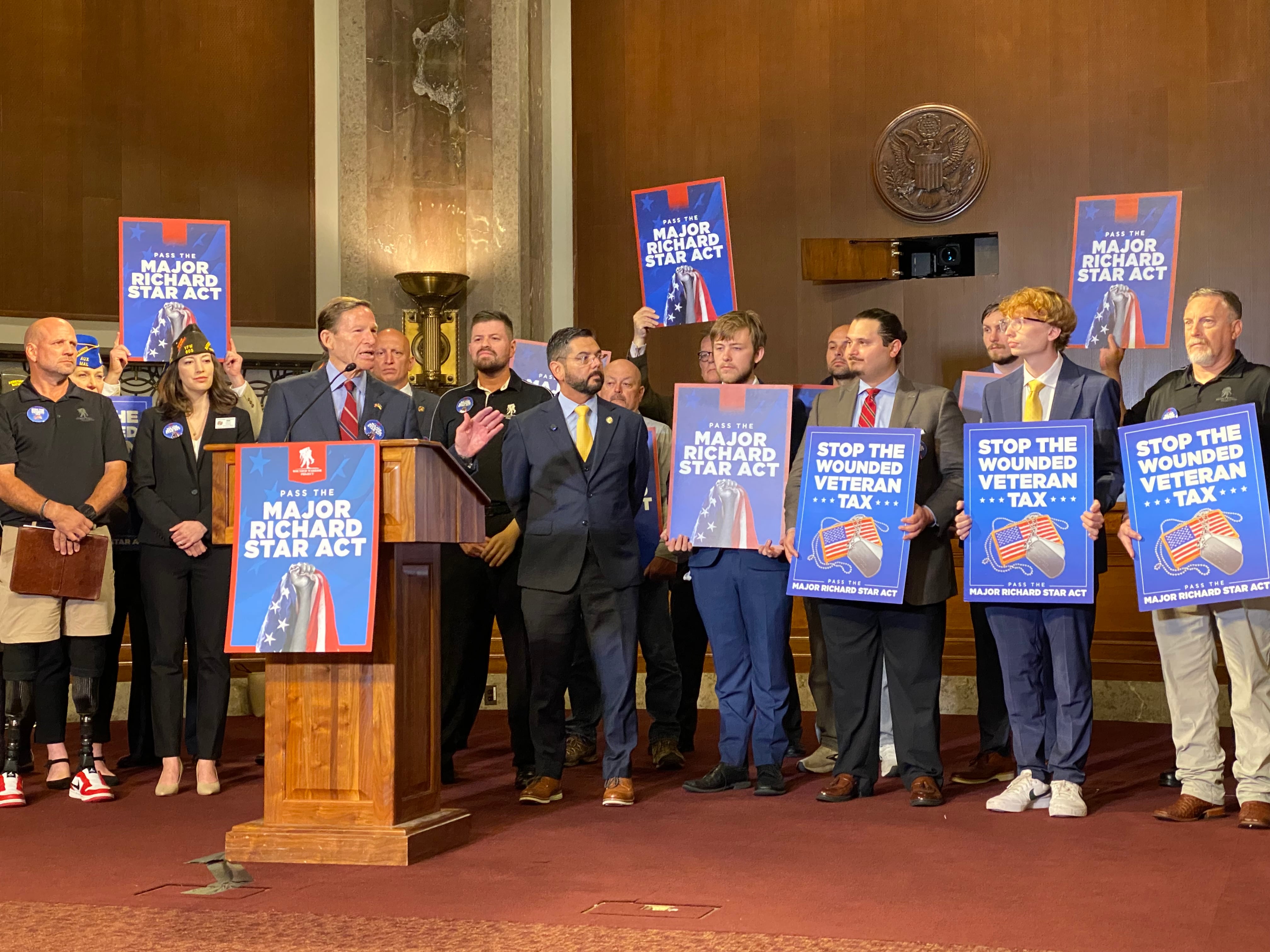Nearly seven years after an Army major's shooting rampage left 13 dead and dozens wounded at Fort Hood, Texas, lawyers for about 130 of the victims and family members have asked a federal judge to lift a stay in their civil case against the service and other defendants.
While many of those killed or injured received Purple Heart Medals (and the financial benefits that accompany those awards) in 2015, Reed Rubinstein, one of the lawyers on the case, said the Army and other defendants – including the FBI – have yet to pay in full the debt owed to the victims.
"Nothing, nothing is going to happen on this case, if the government has its way, until well into 2017," said Rubinstein, who first filed the lawsuit in the U.S. District Court for the District of Columbia in November 2012. "Long after the people involved are gone, and presumably … long after everybody will have forgotten about Fort Hood."
The case had been on ice as the Army pursued the civil trial of Maj. Nidal Hasan, who was sentenced to death in August 2013. Defendants initially told the court that "post-conviction proceedings" would take until mid-2014, according to the complaint. The judge agreed to stay the case, but delays continued; the new estimate for full completion of the court-martial now sits at early 2017.
"We finally just said, 'Enough,'" Rubinstein said, adding that once the case resumes, initial motions and countermotions likely would delay the actual introduction of evidence for up to three additional years.
While the judge has ordered both sides to retain emails and other likely evidence, "part of the concern is people's memories," Rubinstein said. "They fade over time. They're not as reliable. All these folks who are identified in these [reports] that are identified as providing information, we don't know who they are, we don't know where they are. … They haven't disclosed them to us, so we haven't been able to serve them."
Rubinstein argues the defendants' rationale for delaying the case until after Hasan's court-martial – that goings-on in civil court could result in "undue command influence" in the criminal case – doesn't apply to many of those individuals, who could be FBI employees or military personnel who have since left service.
Citing the original suit, the request to remove the stay states that the defendants "proximately caused Plaintiffs' deaths and injuries and violated their constitutional rights" via their actions involving Hasan prior to the shooting.
"This attack occurred only because Defendants afforded the terrorist Hasan preferential treatment due to his Muslim religion and Arab ethnicity, preferences rooted in policies of 'political correctness,'" the complaint states.
An Army spokeswoman declined comment on the filing, citing a longstanding policy of not discussing pending litigation.
That treatment, Rubinstein said, ultimately resulted in the Army failing to stop Hasan's actions.
"It seems like it's happening over and over again," Rubinstein said, alluding to the more recent shootings in San Bernardino and Orlando. "These shooters are being identified. It's not like they're missed or weren't discovered. They're discovered, and somebody makes the determination to let it drop."
He said he expects the defendants to seek an immediate dismissal of the case once it starts. That argument could rely, at least in part, on the Feres Doctrine, a Supreme Court precedent that severely limits lawsuits by service members against the federal government. It's often applied in medical malpractice cases. It likely would not apply to the plaintiffs who were not in service at the time of the shooting, and Rubinstein said he'll argue it doesn't apply to legal actions against the FBI.
The suit doesn't specify any desired financial compensation. Rubinstein said he hoped the award would depend on the amount of wrongdoing brought to light at trial, but insisted his clients have other goals in mind.
"Nobody from the government has ever apologized to these people," he said. "We lay out in the complaint … how individuals were denied, for example, admission into the [post-traumatic stress] treatment. Other folks were basically told, 'Stop complaining about it.' … The fact that this lawsuit was filed was primarily because this was the only way this group of people had to say, 'Enough. Stop. You can't do this to me.' "
Kevin Lilley is the features editor of Military Times.





